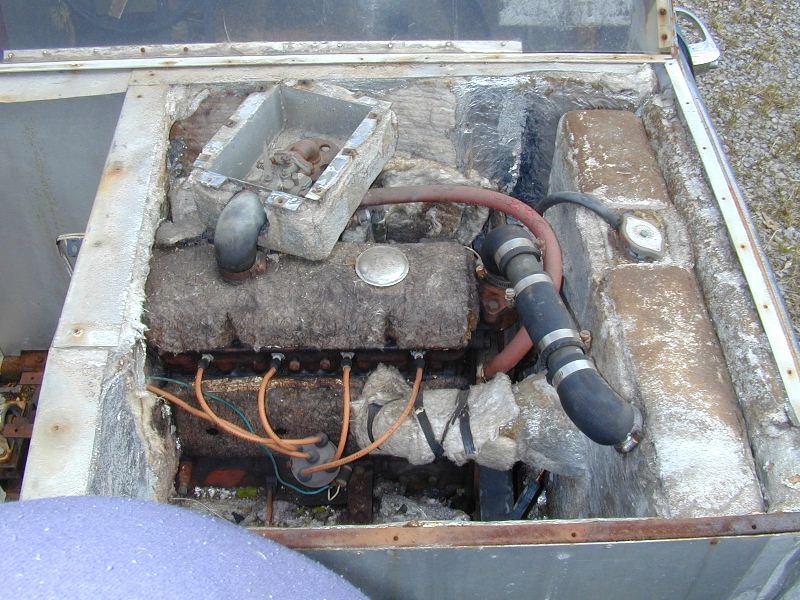The Opel P1 built in 1973 by shell oil company
[ame=http://www.youtube.com/watch?v=VEiwWVY2j_8&feature=feedf]YouTube - 376 Miles Per Gallon Car (Opel P1)[/ame]
car built in 1959
[ame=http://www.youtube.com/watch?v=VEiwWVY2j_8&feature=feedf]YouTube - 376 Miles Per Gallon Car (Opel P1)[/ame]
car built in 1959
Last edited:

